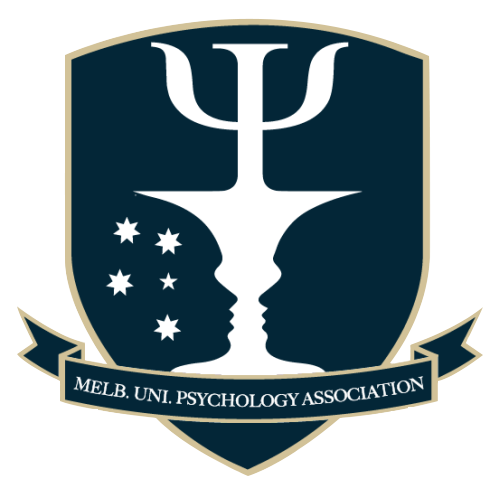Study Tips
by Francesca Tirol
Whether you're a newbie or a seasoned veteran, studying for any psych course can be a daunting task. With so much information to absorb, it's easy to feel overwhelmed and unsure of where to begin. BUT fear not, for we’re here to share some tried and tested study tips and tricks to help you ace your exams and maintain your sanity (mostly intact).
FIVE GENERAL STUDY TIPS
1. Find your optimal study time
Everyone has different peak times when they are most productive. Find the time that works best for you and stick to it. I personally am the most productive at the crack of dawn (i know it's not for everyone). But I've found that waking up around 4/5 am whenever I have a major paper, presentation, or exam makes me the most alert and motivated. And it doesn't hurt when I have a good view of the sunrise to keep me going. Everyone has different times when they feel most productive so I suggest keeping track of the times you feel most motivated and try setting that time aside for your revising, writing your reports, etc.
2. Create a study schedule
A schedule will help you manage your time and ensure that you cover all your course material. If I knew earlier how much and how dense the content in psych was, I would have made a study schedule WAAAAY earlier in my degree. Allocating a specific time on a specific day every week just for your psych subjects and psych content is probably the best thing I've learned to do. I used to feel so overwhelmed and unmotivated to get through all the content because there was just so much (it felt like a mountain of readings, lectures, etc). But when I decided to allocate a few hours a week just for just my psych content I felt like all the material was so manageable and I felt like I was never behind on the lectures and practical classes. This allowed me to get organised and stay on top of all my lectures, assignments, reports, readings, etc.
3. Use active learning techniques
I'm sure you've heard this from your tutors and lectures already BUT they do have a point! Instead of passively reading your lecture slides and textbooks, actively engaging with the material does make a big difference in how much content and the depth of the content you understand. So I asked fellow psych students what their favourite active learning techniques are and these are the top 10! it won't hurt to try a few or all of these techniques out to see which ones work for you! Personally, my favourite technique is peer teaching because having to teach someone else about a difficult topic shows how much depth you know about the topic and forces you to understand the topic in a way you can easily teach it to someone where they won't feel confused or overwhelmed.
Flash Cards (Quizlet)
Practice tests
Mind Mapping
Kahoot
Infographics
Group discussions
Peer teaching
Games
Asking questions
Active note-taking
4. Join study groups
Studying in groups can help you learn better and faster. Plus, it's a great way to make new friends. Luckily for you, MUPA hosts a bunch of events where you can find other people to study with such as - watch parties, PALS sessions (peer-assisted learning sessions), and if you rock up to any of our events I'm sure you'll find a bunch of people taking the same psych classes as you who would love to study together. Moreover, one of the main reasons I've been able to survive throughout my degree this long was making friends with people in my lab classes and lectures and creating study groups. This helped because I would always have a point of contact to ask if I had a question about the content, always had people to motivate me to attend lectures and labs, always had people to ease my anxiety about the amount of content we would have to get through, etc.
5. Take Breaks
Taking regular intervals is essential to avoid burnout. Use your breaks to recharge, exercise, or just relax. This tip cannot be stressed enough. The last thing you want is for all your hard work in revising to go to waste because you burnt yourself out. You know yourself and your limits better than anyone else, so if you can feel like your losing motivation and concentration and no content is entering your head then get up and take a little hot girl walk, touch some grass, get a coffee, watch some Tiktoks, do what you need to do to recharge and gain back your energy. Your lecture, quiz, or report will still be there when you come back so don't forget to prioritise yourself and your health.
